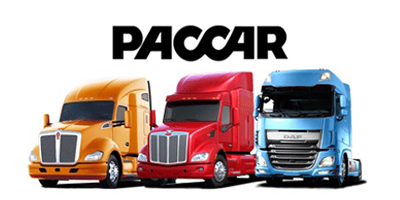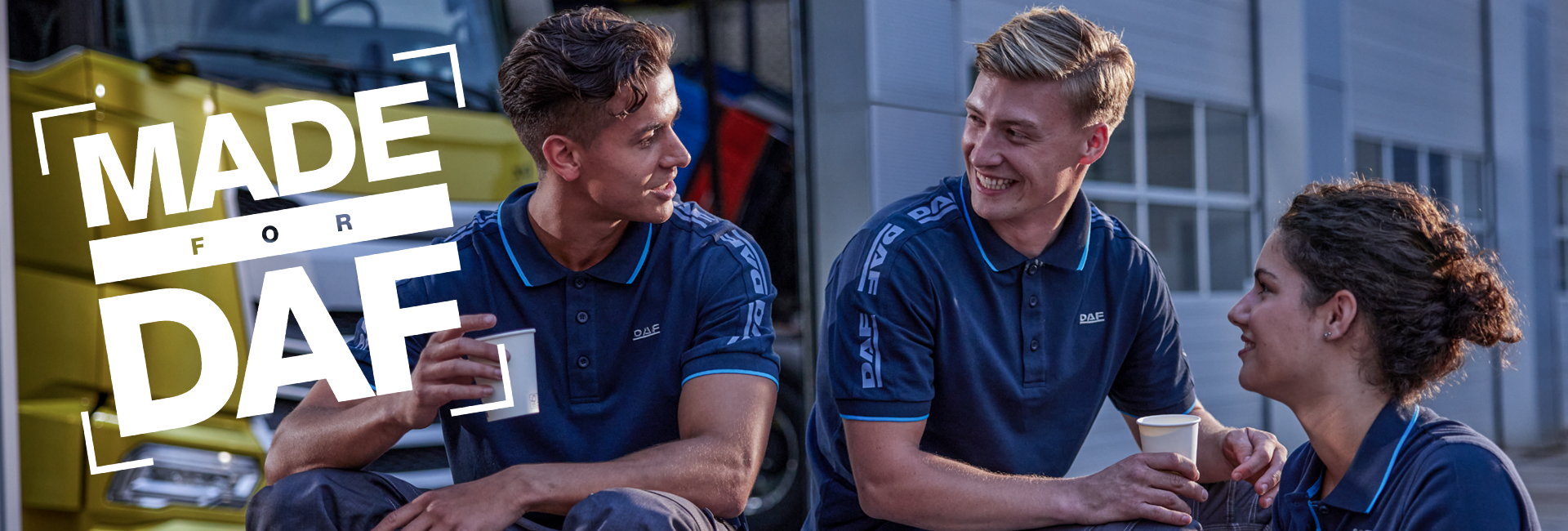
Vacancies
Looking for a new job? Below you will find all the available vacancies. You can also subscribe to our job alert. This way, we keep you posted about all new vacancies matching your profile.
Are you looking for a job as an assembly worker?
> Have a look at the possibilities at DAF via Randstad.
Search vacancies (19)
We have the following vacancies at the moment:
-
HBO Internship: PACCAR Financial Europe Credit Data Analyst
Designing and developing dashboards and systems for reporting data for the PACCAR Financial Europe (PFE) Credit organization
-
HBO Internship: Accounting
Student in the finance and accounting field looking to gain hands on experience in the financial services industry
-
Bachelor / Master Internship: Cloud Cost Analysis
Gain valuable insights into projects, strategy, and team dynamics while supporting our efforts in analyzing cloud costs for projects and business operations
-
Bachelor/Master Internship: AI opportunities for Vehicle Engineering
Investigate on opportunities and challenges for use of AI within an international organization of vehicle development
-
Bachelor Graduation Assignment: Assessing tool sensor implementation and analyzing data for DAF Trucks' purchased castings and metal components
We are looking for an intern to analyze the data originating from tool sensors positioned on casting and stamping supplier tooling for DAF’s global Cabin and Engine products
-
WO Graduation Assignment: Analyze and recommend opportunities for a Production Planning IT tool in a Job Shop Manufacturing Environment
Analyze and recommend opportunities for a Production Planning IT tool in addition to existing ERP system in a Job Shop Manufacturing Environment
-
Bachelor stage: Meewerkstage op Non-Product Related afdeling van inkoop
Het uitvoeren van diverse werkzaamheden binnen inkoop, waarbij je een kijkje kan nemen op alle aspecten van de werkzaamheden van een inkoper
-
Commercial Véhicules Neufs h/f
Rejoignez DAF Paris en tant que Commercial Véhicules Neufs
-
HBO Afstudeerstage: Onderzoek naar aanvullende leermethoden voor DAF Academy
Onderzoek de geschikte leermethoden als aanvulling op het trainingsaanbod van DAF Academy
-
HBO internship: Defining use cases of AI for the Purchasing Department
DAF Purchasing is seeking to leverage AI to optimize processes and create business value, with your role focused on supporting the definition of use cases and the initiation of proof of concepts
-
Bachelor/Master Graduation Assignment: US Market Engine Warranty Costs Optimization for Emission Related Components
Working with Commercial and Technical Inputs to determine an optimized warranty strategy for the Engine Emission Related Components for the US Market
-
MBO/HBO stage: Content Creator
Een stage waarbij je jouw creativiteit kan inzetten om waardevolle content te creëren voor medestudenten en waar jouw ideeën daadwerkelijk impact kunt maken
-
HBO Stage: Opvragen en verwerken van leveranciersverklaringen
Opvragen en verwerken van leveranciersverklaringen voor DAF. Dit biedt een mooie gelegenheid om onderdeel te zijn van de fiscale afdeling van DAF Trucks
-
HBO Graduation Assignment: Implementing A.I. training videos for DAF Supplier Quality
Analyze and optimize the internal training process by updating and translating paper-based training instructions on key SQA processes (e.g., audit, APQP, PPAP) into A.I. training videos


